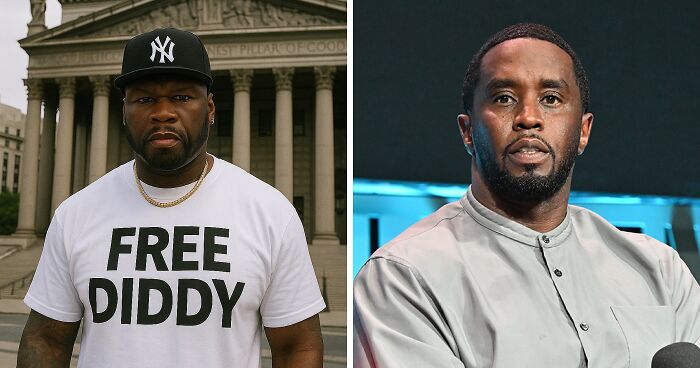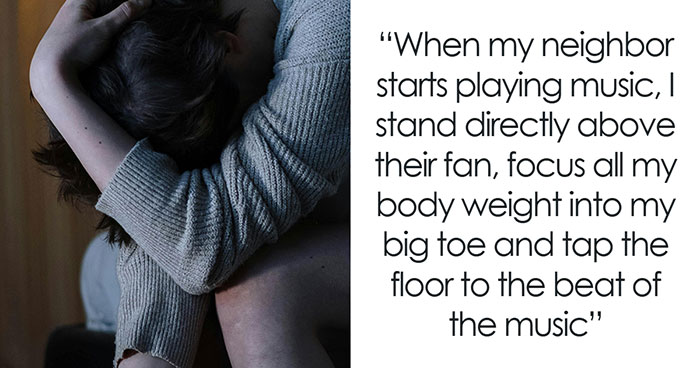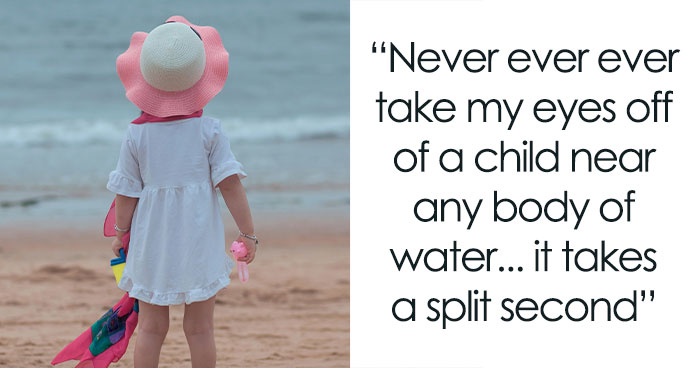Lunar New Year marks the beginning of the lunar or lunisolar (moon and sun) calendar year, whose months are in moon cycles. And that’s the thick of it! However, as you are about to learn, Lunar New Year celebrations, traditions, and mystic qualities are nothing like the western kind of New Year (although we’ve borrowed some of the fun traditions, too), which we are so used to. So, ready to take a look at our selection of the most interesting Lunar New Year facts?
Although the Lunar New Year event and celebrations are marked in a variety of cultures - from Hindu and Buddhist calendars to the indigenous Nisga’a people of Canada - for the sake of clarity, we’ll stick to the Chinese Lunar New Year traditions since it’s the most widely known. And if you might already be aware of the fact that this celebration falls on a different day each year and that Lunar New Year animals have a lot to do with how the year should unfold, there are plenty of other interesting facts about this ages-old celebration. Prepare for a wholesome time reading them!
Now, before we start to bore you with a lengthy introduction, it is probably time you skipped straight to the cool facts themselves, right? You definitely know where to find them by now and once you are there, give the most surprising fact a thumbs up. Share this article with your friends if you’d like, and a very happy Lunar New Year to you!
This post may include affiliate links.
2023 is the year of the Rabbit.
The Chinese calendar has a 12-year cycle. Each year is represented by a different animal. People frequently claim that if you were born in a specific year, you would have some of the characteristics of that animal.
It's the longest Chinese holiday.
The Spring Festival lasts for 15 days. However, the festivities begin on New Year's Eve (making it 16 days). The holiday season officially begins in December with the Laba Festival (腊八节 / là bā jié).
On the Spring Festival, everyone grows 1 year older.
In China, there are 2 types of ages: "real" (实岁 / shí suì) and "fake" nominal age (虚岁 / xū suì). The age we are all aware of is the real age. On your birthday, you gain one year in age. The nominal age, however, rises with the Spring Festival. This was the age that the majority of people used until recently. It is, however, still widely used today and can be used interchangeably.
The happily called "Lantern Festival" is what brings an end to the Chinese New Year. As the name suggests, during the festival, people release floating lanterns into the sky. It's a fun and symbolic festival for everyone involved, family and friends included. This festival is associated with reconciliation, forgiveness, and peace.
Lion and dragon dances are very popular. They are supposed to bring prosperity to the community. Throughout these dances, you will hear a lot of loud drums. The loud boom is thought to drive away all ill omens and evil spirits.
Kids love the holiday because they get a 1-month winter vacation.
There is no precise date for when the Chinese New Year happens. Unlike the holidays in the west, such as Christmas, if you were to try to find it using the traditional Gregorian calendar, you would get multiple answers. The date range usually starts on January 21 and ends on February 20. This year, the Chinese New Year happens on January 22, 2023.
The Lunar New Year is celebrated by 1/4 of the population worldwide. It’s more of a national holiday, with a handful of countries celebrating it. Vietnam, South Korea, Malaysia, China (obviously), Indonesia, The Philippines, Singapore, and Brunei are the epicenters of the Chinese New Year. Interest in it, though, is also growing in western cities like New York.
Sweeping, cleaning, or even trying to take out the garbage are not acceptable.
Multiple superstitions exist throughout the Chinese New Year season. Cleaning one's hair or clothes on the first day of the lunar year is strongly discouraged because it is thought to "wash one's fortune away" at the start of the year. People frequently avoid cleaning up because doing so takes away good luck from the home. Giving pears or mirrors as gifts is also frowned upon.
The pears is because the word in Chinese is a homonym to a word meaning "to depart, to separate" so not auspicious for the new year.
If you are lucky enough to be a part of the celebrations, don't be surprised by the abundance of the color red. This color represents many positive things, like luck, energy, and overall fortune. So if you want to start the New Year on a positive note — be sure to wear something red!
The Chinese New Year celebrations are a gold mine that Chinese TV tries to capture every year. The Chinese New Year's Gala is one of the most watched TV-show events in the world. Since it has a lot of performance acts and cultural meaning, if you want to learn more about Chinese culture, the New Year's Gala is the best way to do it.
If you believe in the zodiac signs, you might know that the year of your zodiac is your unlucky year. Tai Sui, a mysterious cosmic body of power that can affect fortune, gets irritated by the people whose birth year is starting. Like a coin flip, people will experience one of two things during their birth year — lots of joy or plenty of pain.
Chinese New Year falls on different dates each year.
Chinese New Year is not always celebrated on the same day. It generally happens in late January or early February. The date is determined by the new moon, the first lunar phase, a crescent moon, occurs at the start of a new lunar cycle.
There are numerous ways to welcome someone during the Chinese New Year. And saying "Guo Nian Hao" means Happy New Year!
As a tradition, you should eat dumplings for every meal, every day, but not many people do that anymore because you can have too much of even the most delicious foods.
As a result, most people will eat dumplings for New Year's Eve dinner. Others will consume them for breakfast. Dumplings, contrary to popular belief, are not popular throughout China. It's more common in the north. People in the South would rather eat spring rolls.
There's a special kind of wine dedicated to the Spring festival.
There is an old adage that says politeness and/or etiquette cannot exist without alcohol. This means that all formal dinners, celebrations, and ceremonies must include wine. There is wine for every occasion, including birthdays, weddings, engagement dinners, and, of course, the Spring Festival. When dining with an elderly person, you must follow strict toasting etiquette guidelines, just as you would for a New Year's Eve dinner. Seating arrangements, wine glass etiquette, and toast ordering are all covered.
Children receive red envelopes with money inside.
During Chinese New Year, youngsters are given red envelopes. The envelopes are filled with money! Instead of receiving gifts, students are given money to spend however they see fit. The total amount of money must never include the number 4, t shouldn't be possible to divide the amount by four, either!
Not only children, I used to get a small bonus from my employer at that time in red envelopes.
To ward off bad luck, it is customary to clean the house before the celebration. People in China will clean their homes before the Chinese New Year celebrations. People do this because they believe it will remove all of their bad luck in time for the New Year.
Fireworks set off at midnight!
On Chinese New Year, everyone will stay up until midnight. At midnight, there will be a lot of fireworks! A legend tells of a beast named Nian who despises fire and loud noises. The fireworks are set off to scare Nian away!
The noise continues day and night for weeks after. A bit overwhelming for someone who likes to sleep.
This festive period is a time to offer sacrifices to Gods and ancestors.
Prayer is a significant tradition associated with the Chinese New Year. In prayers, Gods and ancestors are invoked. Many Chinese people visit their ancestors' graves the day before Chinese New Year and make sacrifices before the family reunion dinner.
What does sacrifices mean here? Is it like meals and incense and flowers? Or something else? I really wish we had a holiday that honors ancestors or family members who have passed. The US treats death as a very taboo thing for the most part. I've always thought El Dia de los Muertos is extremely beautiful. This sounds beautiful too.
As celebrations pick up speed, foods like dumplings, a sign of wealth, are commonly consumed as a symbolic gesture. Because the Chinese word for fish, “yú,” sounds like “yoo,” meaning "surplus," fish is an important part of the New Year menu. Oranges and tangerines get eaten too, because it’s believed that eating them will bring luck and good fortune to the consumer.
The festival causes the world’s largest annual migration.
The reunion supper on New Year's Eve with their families is the most important aspect of the Chinese Spring Festival for Chinese people. 200 million people from the Chinese mainland travel long distances, with 3.5 billion trips taking place in China overall. Millions of people travel abroad as well.
Chinese New Year is usually celebrated with someone you love (or who pretends to at least like you). Usually, married couples are glad to celebrate this event, but for the unmarried ones — it could be a nightmare. So it is not a mystery why some people hire fake girlfriends and boyfriends to keep each other company. It's a modern solution to a modern problem.
Wow! How interesting This is the first I am hearing of this! (Live in US)
The day of the Lunar New Year is dedicated to praying to the gods. The Spring Festival was originally intended to be a day of formal prayer to the gods for a prosperous planting and harvesting season. Harvesting was absolutely essential in agrarian civilization.
Desserts for Chinese New Year have unique names with puns and special meanings involved. Tangyuan, meaning “soup balls,” has a “tuan yuan”-like sound, which indicates reunion. A kind of rice cake called “nian gao” represents achievement. “Fa gao” is a sponge cake/muffin hybrid that people paint in festive hues. The “fa” in “fa cai” means "to grow rich."
For the Chinese, New Year is usually celebrated without a lot of fireworks. Five hundred cities are limited in the way they use fireworks due to the overall air pollution in those cities. Of course, it doesn't stop the people in those cities, and to counter that, the Chinese government has started to take steps toward the end of firework prohibition.
The New Year greeting in Chinese is “xin nian kuai le”. The phrase literally means “Happy New Year.” In Hong Kong and other Cantonese-speaking regions, it’s more common to say “gong hei fat choy.” In Mandarin Chinese, it’s “gong xi fa cai” (恭喜发财). It means “congratulations on the fortune.”
Wish I'd known sooner so I can understand why my neighbours are being loud as hell
Wish I'd known sooner so I can understand why my neighbours are being loud as hell

 Dark Mode
Dark Mode 

 No fees, cancel anytime
No fees, cancel anytime 











































































